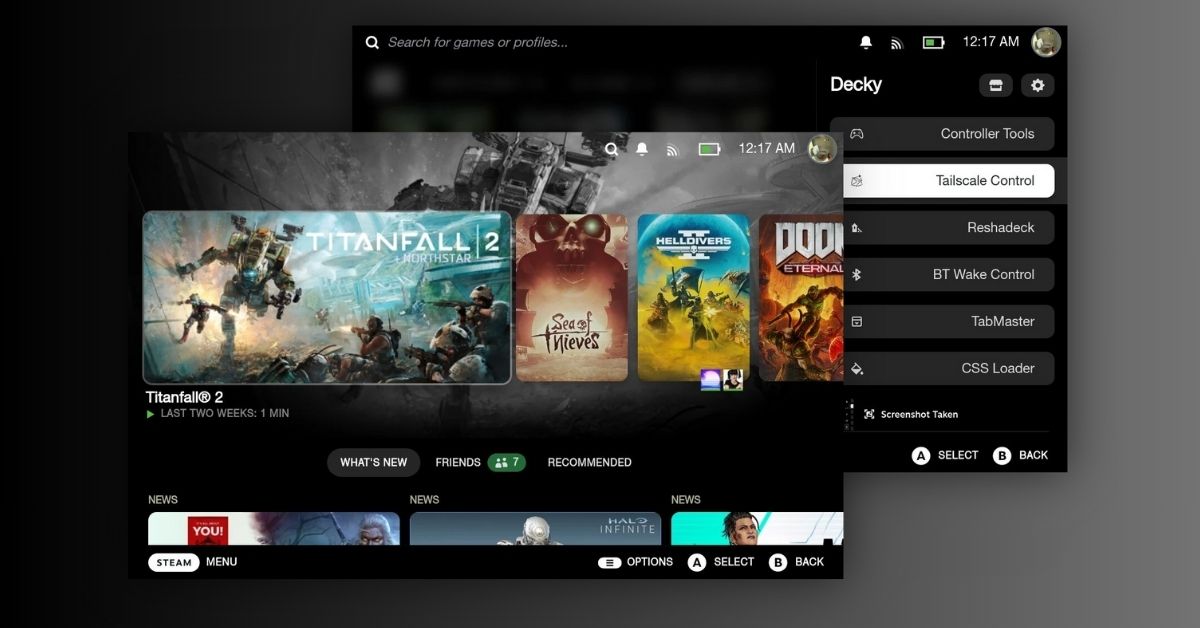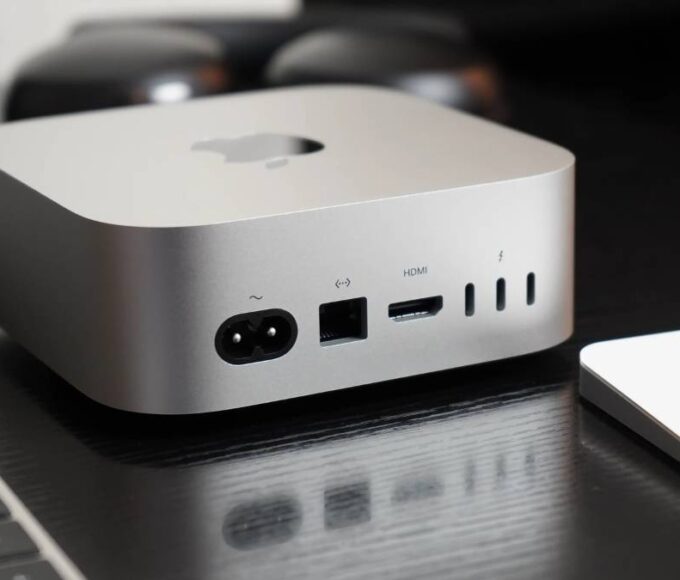Valve has taken a significant step toward its SteamOS vision, with Lenovo unveiling the Legion Go S Powered by SteamOS. This move signals Valve’s intent to extend SteamOS beyond its Steam Deck to other handheld gaming PCs.
While this is exciting for gamers and the Linux community, it raises questions about the future of Bazzite, a Linux-based alternative tailored for handheld gaming devices.
What Is Bazzite?
Bazzite is a popular Linux distribution designed to bring the SteamOS experience to a wide range of handheld gaming devices. While SteamOS powers the Steam Deck, Bazzite extends similar functionality to devices like the GPD Win series, OneXPlayer, and ASUS ROG Ally.
Calling Bazzite a “SteamOS clone” undersells its unique value. Built on the foundation of Fedora and incorporating elements from projects like Nobara and Chimera, Bazzite enhances gaming performance, usability, and compatibility. It also contributes improvements to the broader Linux ecosystem, embodying the collaborative spirit of open-source development.
The Role of Bazzite in Gaming
Bazzite has filled a gap in the handheld gaming market by providing a seamless, console-like experience on non-Steam Deck devices. Major tech outlets like The Verge and Ars Technica, along with YouTube channels like Linus Tech Tips, have praised its performance and accessibility.
Unlike SteamOS, which remains tightly integrated with Valve’s hardware and ecosystem, Bazzite offers flexibility. It supports more devices and includes features SteamOS lacks, such as printing support, secure boot, drive encryption, and easier integration of non-Steam game libraries.
Bazzite’s Future Amid SteamOS Expansion
Despite fears that Valve’s expansion of SteamOS could render Bazzite obsolete, its creator, Kyle Gospodnetich, reassures users that the project is here to stay.
In a recent statement, Gospodnetich highlighted Bazzite’s unique advantages:
- Device Compatibility: SteamOS may prioritize official partnerships, while Bazzite supports a wide range of handhelds, including lesser-known models like the Ayn Loki.
- Customization and Speed: Bazzite offers faster updates and more flexibility for power users, addressing SteamOS limitations like immutability and package installation restrictions.
- Community Focus: Born from the Steam Deck Discord, Bazzite is deeply rooted in user feedback and community collaboration.
Gospodnetich emphasizes that Bazzite will continue to innovate, providing features and support that complement SteamOS rather than competing directly with it.
Why Bazzite Still Matters
While Valve’s expansion of SteamOS is a win for the Linux gaming community, its pace of development and focus on partnered devices leave room for alternatives like Bazzite. For power users and those with unsupported devices, Bazzite remains a compelling choice, offering features that SteamOS doesn’t yet prioritize.
SteamOS’s growth is a testament to the demand for Linux-based gaming platforms, but it doesn’t spell the end for Bazzite. Instead, the two can coexist, serving different segments of the gaming community.
As Valve slowly expands its ecosystem, Bazzite’s agility and user-centric approach ensure its relevance in the evolving landscape of handheld gaming.
For more about Bazzite, join its developer and gaming community on Discord.












Leave a comment